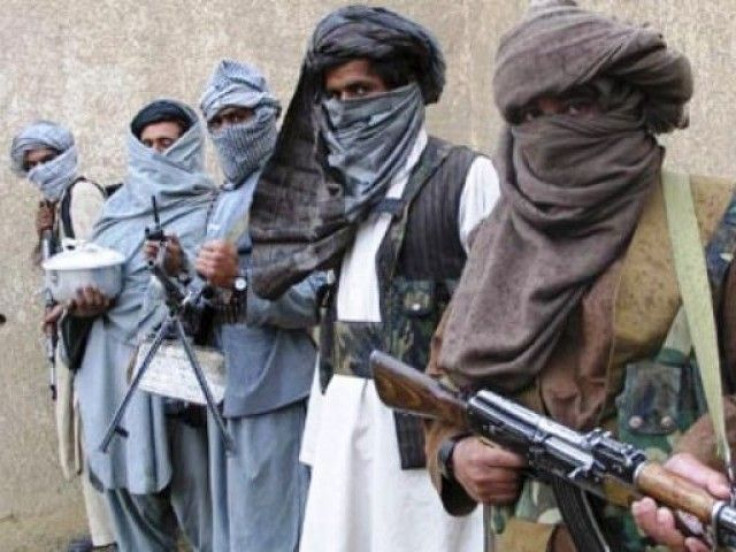The Taliban Have Run Out Of Money Just As U.S. Troops Prepare To Leave Afghanistan

Everything seemed to be going so well for the Taliban. The U.S. military was on its way home, and the country’s politics, army and police were in a constant state of turmoil.
And yet ... there's little the Taliban can do to capitalize on this because, believe it or not, they’ve run out of money.
According to a report on Vocativ, local Taliban leaders have resorted to borrowing money from local mosques and businessmen to buy ammunition and food as they continue to fight U.S. troops. However, as the report outlines, they have no way of paying back the money until the Taliban have their funding restored.
Wealthy Arab donors and Pakistan’s spy agency, the Inter-Services Intelligence Directorate, have all cut back or completely stopped donating to the Taliban, primarily because of America’s relentless pursuit of terrorists' bank accounts and the continued sanctions against nations that are seen to fund terrorism.
It now appears that group's powerful Saudi backers, who have been funding the Taliban since the Soviet invasion in the 1980s, have been dispirited by Osama Bin Laden’s death and the its fading threat in the region. Instead, they have moved on to more promising projects in Iraq and Syria, according to the report.
The money that does end up in the hands of the Taliban, allege local businessmen, is spent on expensive cars and luxury homes rather than the fight against American troops. It's also been reported that the Afghan population has become upset with the Taliban’s suicide tactics, often targeting innocent civilians. Islam, of course, forbids donations that encourage the murder of civilians.
But the Taliban are far from destitute. The ISI in Pakistan continues to fund the Taliban for certain missions, and the departure of American troops has allowed the heroin trade, a valuable form of income for the Taliban, to bounce back. But according to locals, the heroin taxes are apparently filtered into personal bank accounts rather than into assisting fighters in the field.
The downside of this lack of income has meant that the Taliban have kept up suicide attacks in major urban areas as a way of keeping a regular presence. But it means very little to the local leaders who find themselves in debt, with many of them refusing to fight in case they die with debt. One Taliban fighter said he fears death while he has a debt, because God does not forgive anyone who dies with debt.
The Afghan war has appeared to divide the Taliban, and without any clear leadership after Osama Bin Laden's death, and without its former level of financial backing, the Taliban’s days look numbered.
© Copyright IBTimes 2024. All rights reserved.












